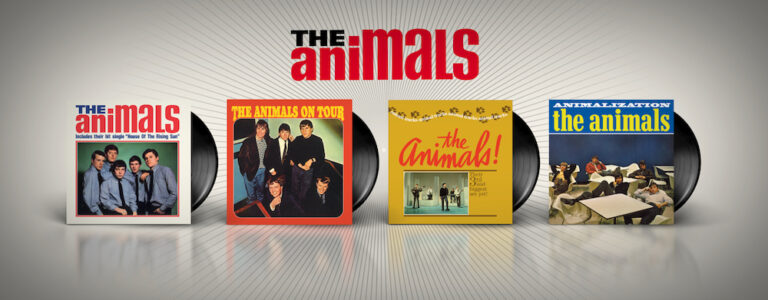Like Fleetwood Mac, the Bee Gees, the Moody Blues, and a few other acts, England’s Animals had more than one distinct career. In the second, between 1966 and 1968, they billed themselves as Eric Burdon and the Animals and favored psychedelia-tinged material that included such U.S. hits as “San Franciscan Nights,” a hat-tip to the hippie world; “Monterey,” a tribute to the group’s fellow performers at the landmark 1967 California pop festival; and the antiwar “Sky Pilot.”
Much of this work was excellent, but the slightly earlier output of the Animals’ first incarnation – in which an entirely different lineup backed vocalist Burdon – arguably proved more significant. Part of the original British Invasion, that group found Burdon accompanied by bassist Chas Chandler, guitarist Hilton Valentine, drummer John Steel (who was replaced near the end by the Nashville Teens’ Barry Jenkins), and keyboardist Alan Price (who was replaced after the debut LP by Mick Gallagher and later by Dave Rowberry). They scored numerous hits, all of which showed that like the Rolling Stones, their members were heavily influenced by American R&B and blues.
There’s much to be said for the Searchers, the Dave Clark Five, Peter & Gordon, and many of the other British pop groups whose hits crossed the Atlantic in the mid-sixties, but few of them conveyed as much intensity, rebelliousness, and raw emotion as the original Animals. In their hands, even pop material from Brill Building songwriters sounds tough and bluesy.
It is this initial version of the group that is the subject of a new reissue series. It includes the Animals’ first four U.S. albums, which originally appeared between 1964 and 1966 and have been out of print for many years. (The U.K. versions, like those of many other bands at the time, had somewhat different tracklists.)
Though the group’s label released this material in the 1960s in simulated (rechanneled) stereo, the Animals recorded nearly all of it in mono, and the remastered versions here are from the first-generation mono tapes. The albums, which feature the original artwork as well as new liner notes by Rolling Stone’s David Fricke, are being issued both on 180-gram vinyl and CD, with the latter adding bonus tracks.
Here’s a look at what’s included:
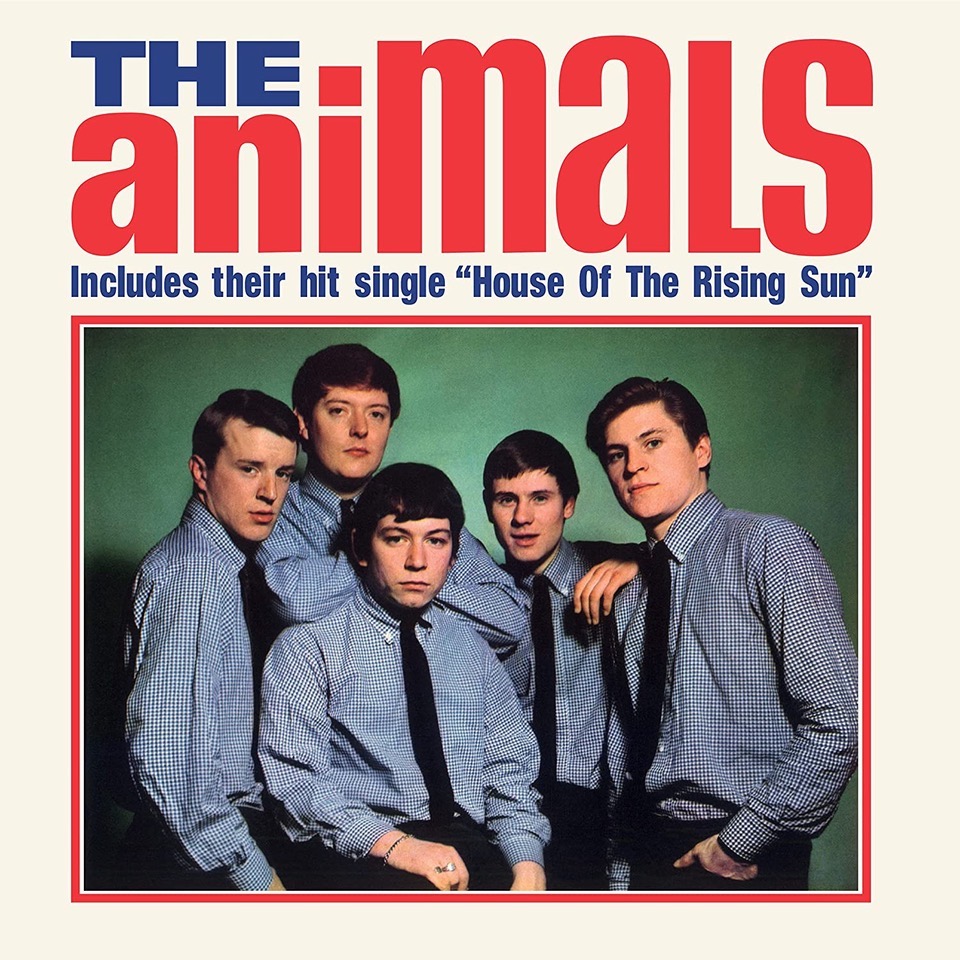
The Animals: The group got off to a flying start with the first track on their eponymous September 1964 debut album – a chart-topping cover of “The House of the Rising Sun,” the traditional tune about a New Orleans prostitute, which features Price’s organ work and arrangement. (The credits erroneously indicate that he wrote the song, which is included on this reissue in its full-length, four-and-a-half-minute version rather than the three-minute radio-ready edit that showed up on the original LP.)
Also on the program is the Animals’ hard-driving first U.K. single, “Baby, Let Me Take You Home,” which the brilliant producer Bert Berns (aka Bert Russell) coauthored. Here, too, are gritty blues covers of Fats Domino’s “I’m in Love Again” and “I’ve Been Around,” Chuck Berry’s “Memphis, Tennessee” and “Around and Around,” and six other numbers, to which the new CD adds an unedited version of the Charles track that clocks in at 7:05, more than five minutes longer than the originally released cut.
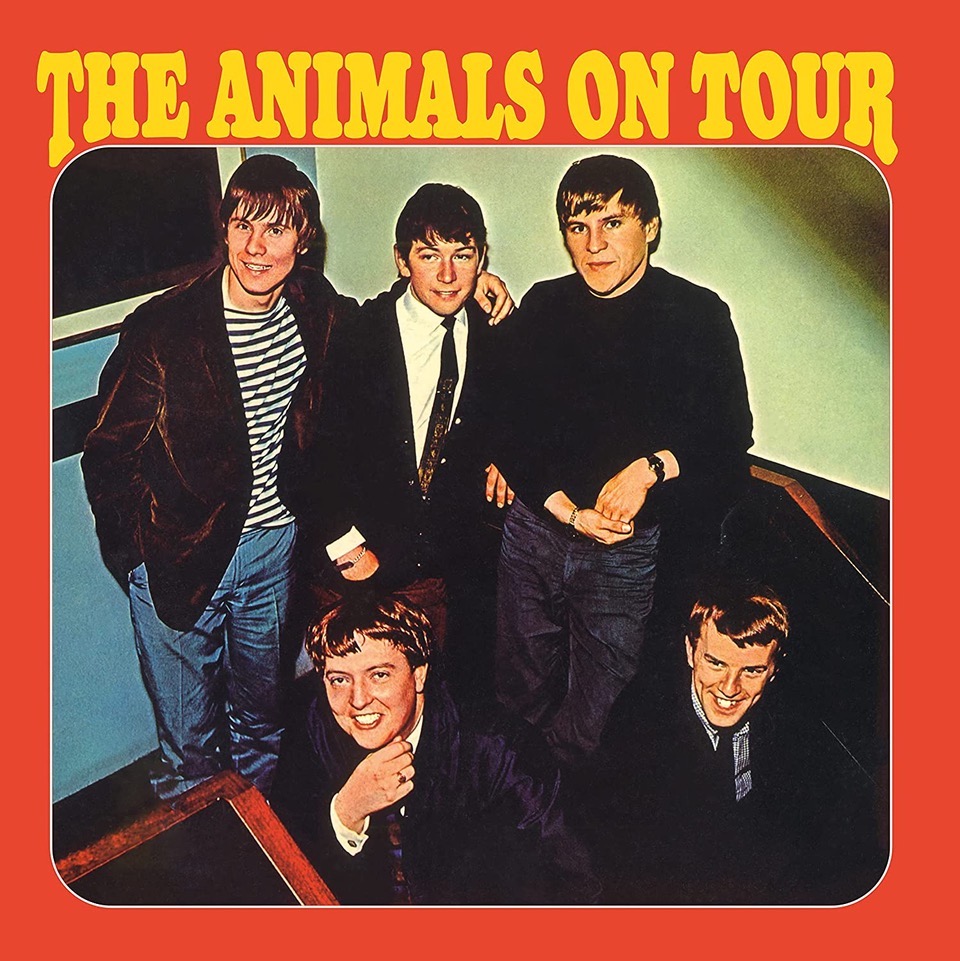
The Animals on Tour: The group’s misleadingly titled March 1965 second studio album – which consists largely of recordings originally intended for but not used on U.K. releases – finds the Animals again covering blues and R&B-based material. John Lee Hooker’s “Boom Boom” and “Dimples” are here, for example, as are Charles’s “Hallelujah, I Love Her So,” Jimmy Reed’s “Bright Lights, Big City,” and Shirley & Lee’s “Let the Good Times Roll.” But the album’s biggest hit, “I’m Crying,” is by Burdon and Price.
The reissue supplements the original album’s 12 tracks with two bonus numbers and a brief, inconsequential London radio interview.
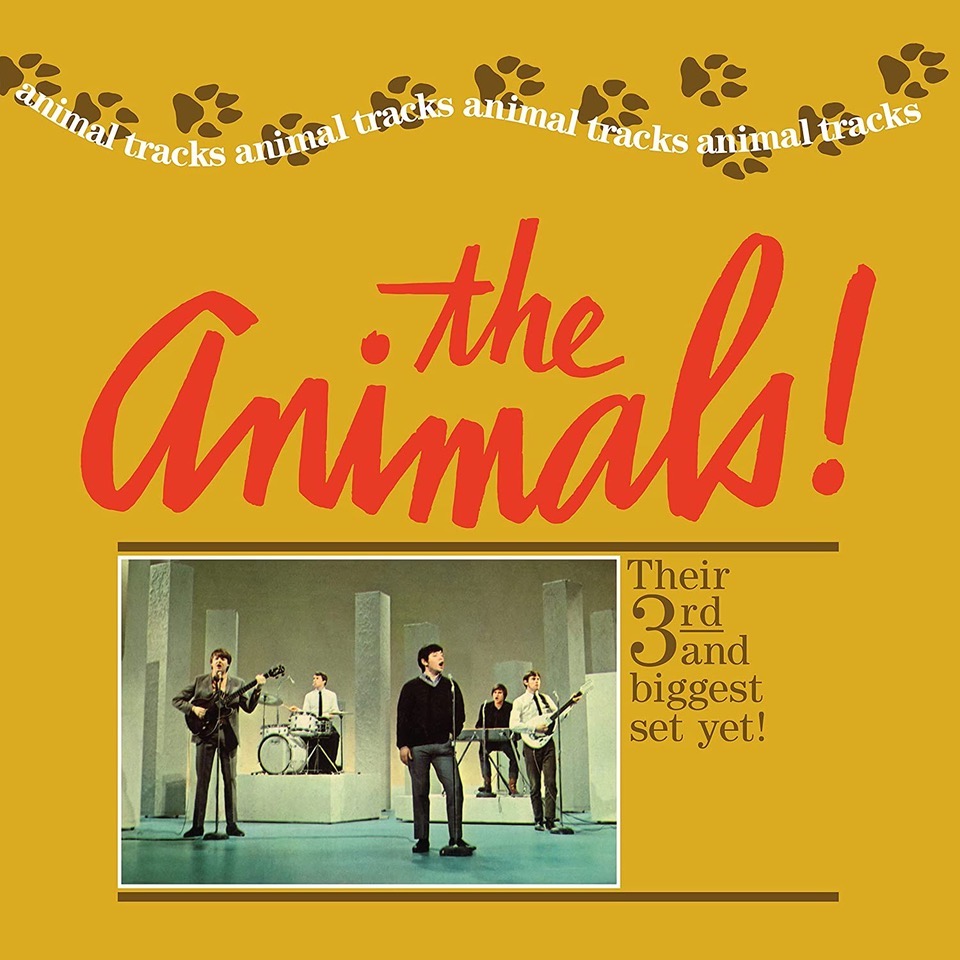
Animal Tracks: Released in September 1965, the third American Animals LP (which shares the title of their sophomore British album) features more self-penned material than its predecessors, with six of the original record’s 10 selections written by Burdon and/or Price. The best tracks, though, are three covers: a version of Sam Cooke’s “Bring It On Home to Me,” which produced a major U.K. hit; “Don’t Let Me Be Misunderstood,” which Nina Simone first recorded and which made it to the Top 20 on the U.S. charts; and Barry Mann and Cynthia Weil’s “We Gotta Get Out of This Place,” another Top 20 hit, of which Bruce Springsteen has said, “That’s every song I’ve ever written…That’s ‘Born to Run,’ ‘Born in the U.S.A.,’ everything I’ve done for the past 40 years.”
On the reissue, five bonus tracks supplement the original album, among them, the U.K. single version of “We Gotta Get Out of This Place” and “It’s My Life,” a potent declaration of independence that provided a yet another hit.
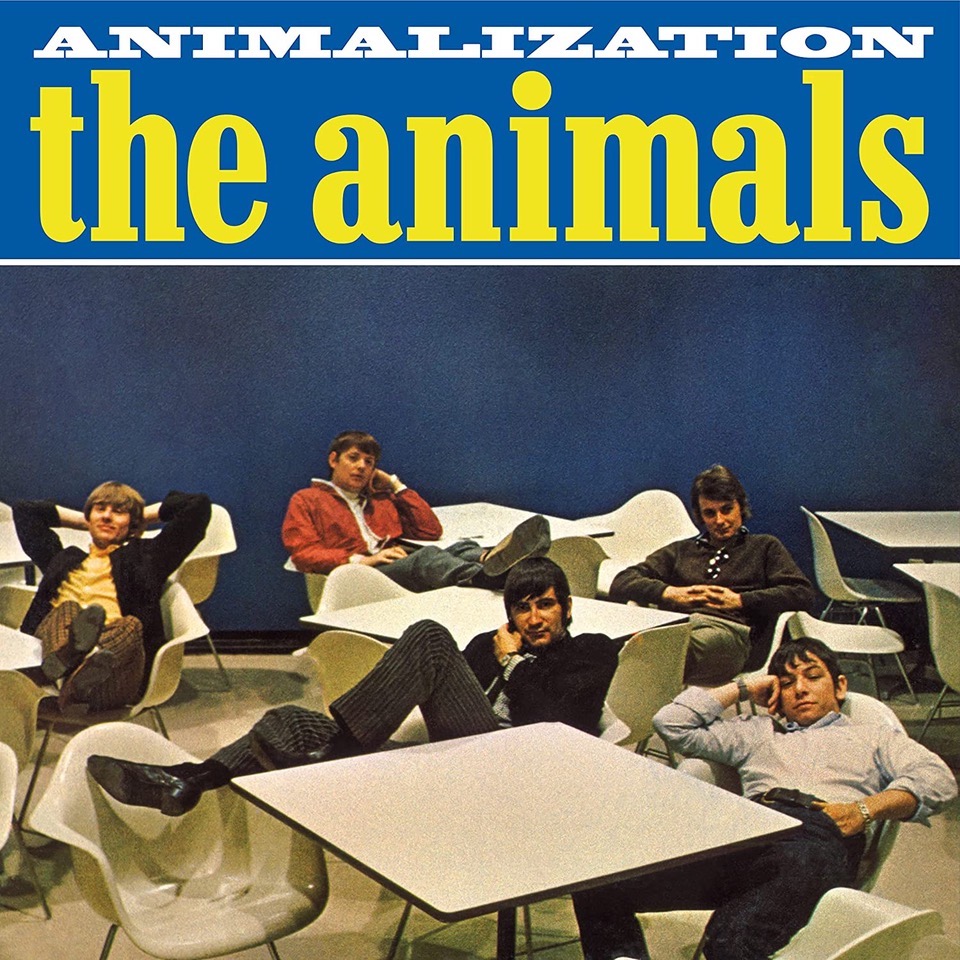
Animalization: This July 1966 release, which includes four band originals, finds Mickie Most, producer of the group’s first three albums, replaced by Tom Wilson (Bob Dylan, Simon & Garfunkel, et al.). It includes such standouts as an organ-and fuzz-guitar-flavored reading of Gerry Goffin and Carole King’s “Don’t Bring Me Down”; a funky reading of Joe Tex’s “One Monkey Don’t Stop No Show” in which Burdon replaces “New York City” in the spoken intro with a reference to the Animals’ Newcastle upon Tyne home base; and the ballads “You’re on My Mind,” by Burdon and Rowberry, and “What Am I Living For,” a 1958 Chuck Willis hit.
The reissue supplements the original album’s dozen tracks with true stereo versions of three of its tunes: “Don’t Bring Me Down” as well as Burdon and Chandler’s “Cheating” and “See See Rider,” the Ma Rainey classic.
If your wallet is thin, be advised that you can find all the hits on the single-disc Best of the Animals, which has been available on CD (with somewhat varying tracklists) since 1987. But digging deeper has its rewards, and here’s your chance.
More Noteworthy New Albums

John Moreland, Birds in the Ceiling. Intimate, soulful vocals meet confessional, introspective lyrics on John Moreland’s atmospheric sixth album, whose nine soundscapes employ mellotron, sampling, programmed drumbeats, and acoustic and electric guitar. Moreland’s folk/pop is demanding but rewarding and loaded with poetic, self-reflective lines.
He seems to be struggling emotionally, given that his songs reference lies, ugly dreams, bitterness, grief, cheap idols, curses, and delusions. But the music is uniformly seductive and engaging, and the album ends with the hopeful title cut, where the singer says he wants to build a new house “where you’ll lock me in your kindness and never let me out again.’ And he concludes that final song by declaring, “Death alone is certain, but life is a beautiful question.”
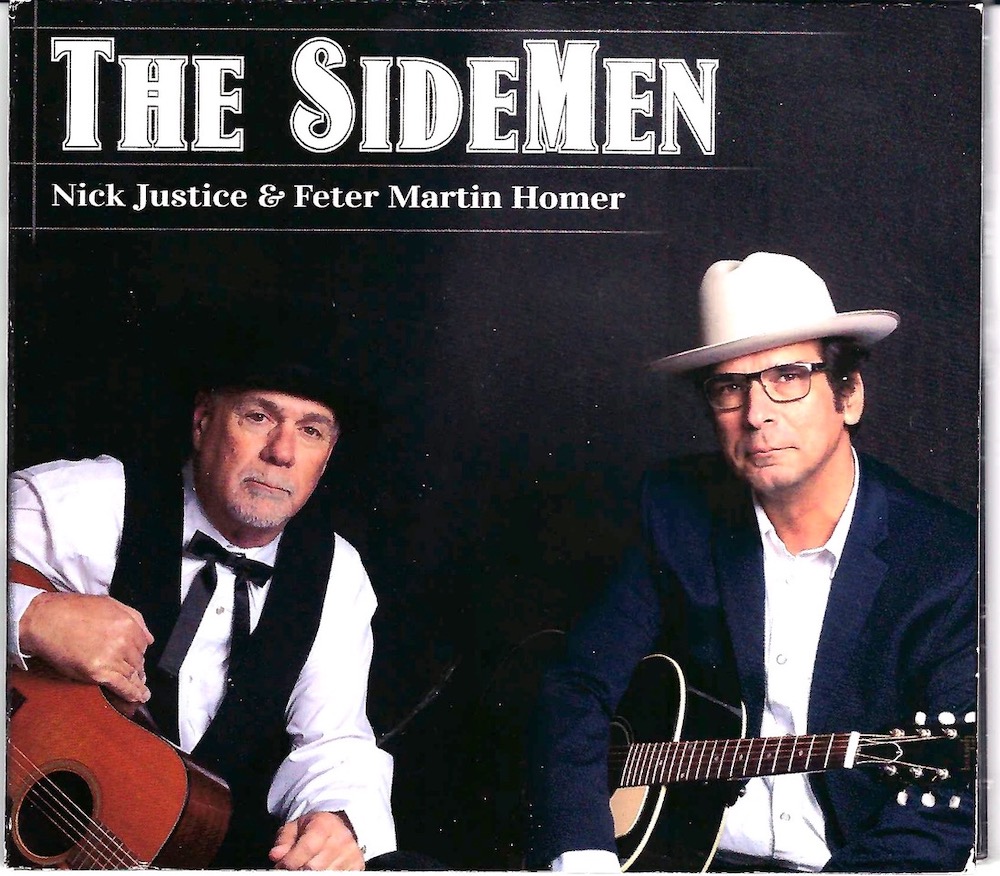
The SideMen, The SideMen. Teaming up can pay off, as evidenced by this auspicious folk/Americana debut from the recently formed SideMen, the first recorded collaboration by longtime musicians Nick Justice and Feter Martin Homer, who take turns singing lead. Featuring four songs each from Justice and Homer and two that they co-wrote, the album finds them peppering their music with guitar, banjo, mandolin, and harmonica. Additional instrumentation comes from Grammy-winning fiddler Gabe Witcher and bassist Alan Deremo, who has worked with artists such as John Denver, Dave Alvin, and Richie Furay.
Listeners won’t be surprised to learn that Justice and Homer recorded the album live with virtually no overdubbing; it feels more like a front-porch performance than a studio creation.
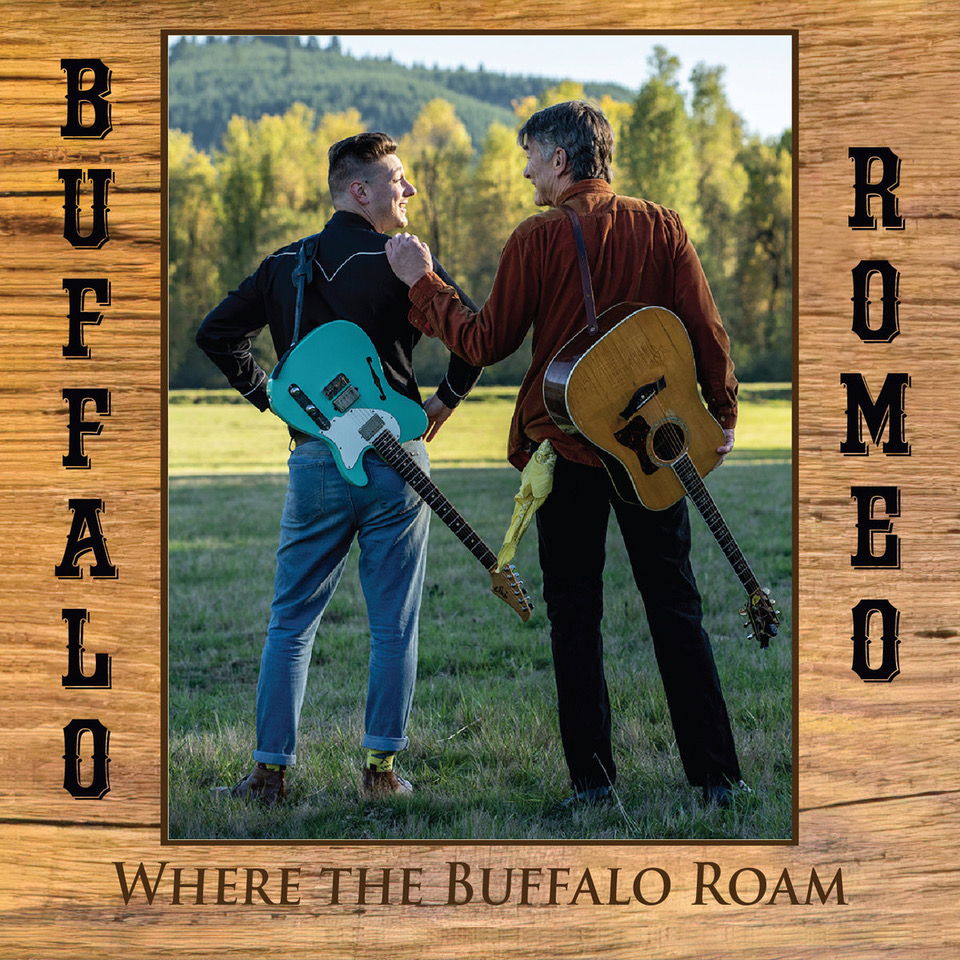
Buffalo Romeo, Where the Buffalo Roam. Speaking of complementary duos, this enjoyable debut from Buffalo Romeo unites Keenan Dorn and his great-uncle Lea Jones, who began working together in 2014. Both men sing and play guitar, and Dorn also adds such instruments as banjo, pedal steel, and organ. Other participants include drummer Beau Eastlund and, on one cut, Wynton Marsalis’s brother Delfaeayo on trombone. Jones wrote all the songs aside from a cover of Steve Goodman’s “City of New Orleans.”
There’s lots of joy in this music – you can imagine Jones and Dorn smiling as you listen to them play. There’s also lots of diversity, with the 11-song set ranging from rock (the guitar-heavy “Unsafe at Any Speed”) and folk (“West of the Stony Mountains”) to swing (“If It Ain’t About Love”). As for influences, Jones mentions Jerry Jeff Walker while Dorn cites Tom Waits. Hinting at additional progenitors are “West of the Stony Mountains,” which quotes “Willin’” by Little Feat’s Lowell George; “Buckaroo’s Dilemma,” which includes a musical nod to the Beatles’ “A Day in the Life”; and “Lesson One,” which borrows a line from Bob Dylan’s “Stuck Inside of Mobile with the Memphis Blues Again.”
Jeff Burger’s website, byjeffburger.com, contains five decades’ worth of music reviews, interviews, and commentary. His books include Dylan on Dylan: Interviews and Encounters, Lennon on Lennon: Conversations with John Lennon, Leonard Cohen on Leonard Cohen: Interviews and Encounters, and Springsteen on Springsteen: Interviews, Speeches, and Encounters.


